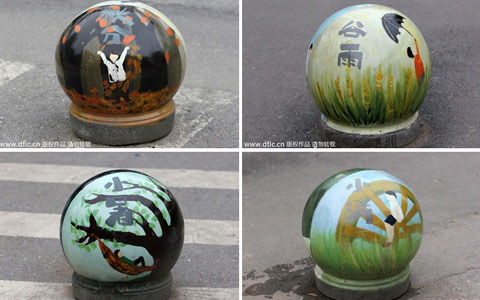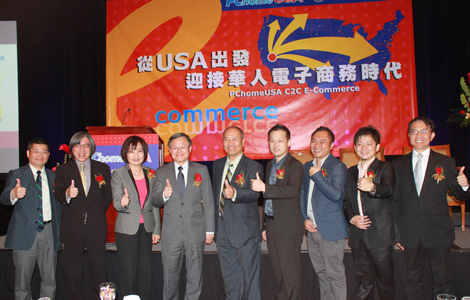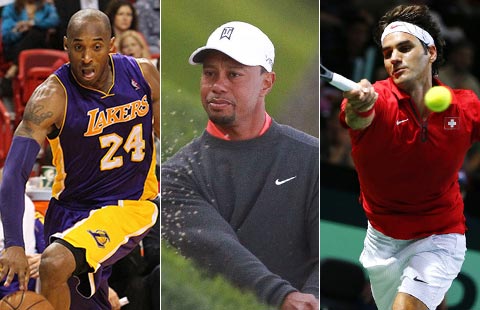China catches running bug in quest for better health
Updated: 2014-05-07 08:00
By Zhang Lei (China Daily)
|
||||||||
|
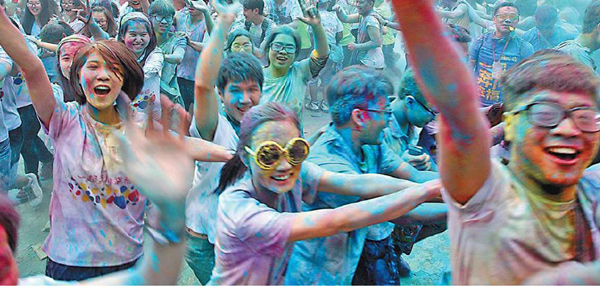 |
| Participants enjoy the Color Run held on April 12 in Dongguan, Guangdong province, which attracted more than 2,000 entrants.[Photo by Chen Fan/ for China Daily] |
Fascinated by his newfound interest, the 22-year-old began inviting friends on his evening excursions. "It's fairly easy to organize a group of friends to jog along with me. We prefer to run at night because the air quality seems to be better in the evening. Most of all, having exhausted one's muscles, it feels so refreshing to take a shower. We also get the best sleep on those nights," he wrote.
So far, marathons have been held in all four municipalities - Beijing, Shanghai, Tianjin and Chongqing - and in 34 cities across 17 provinces and autonomous regions. In the past three years, the number of events has risen by around 10 percent annually.
Urban branding
China's marathon fever has also been caught by a large number of participants from overseas: 750,000 runners competed in marathons in China last year, including enthusiasts from 90 countries, and the popularity of marathons with a flavor of historic China, such as Beijing's Great Wall Marathon and the Xi'an City Wall Marathon, is rising all the time.
When this year's first event, the Xiamen International Marathon in Fujian province, was held on Jan 2, 77,080 athletes from 45 countries participated. Ethiopia's Tirunesh Dibaba won the women's event with a time of 2 hours, 21 minutes and 36 seconds, breaking the event record by more than a minute.
While the runners are looking for personal glory, many cities are using high-profile races to promote their civic image. Ren Hai, a professor of physical education at Beijing Sport University, said the primary attractions for civic leaders are the low cost of staging the event and the participation of large numbers of competitors and their friends and families.
"Marathons can play a positive role in promoting the urban economy, especially tourism. The enthusiasm is nationwide, so when people come and participate, their relatives and friends often accompany them as spectators and supporters. That can provide a real boost to city industries such as catering, transport, accommodation, scenic tours and shopping. International events like those held in Beijing and Shanghai promote international exchanges that can serve to reinforce a city's healthy image," he said.
The phenomenon doesn't look as though it's going to run out of steam anytime soon. The Beijing International Marathon is listed as one of the world's top 10 in terms of participation and branding, and the Xiamen International Marathon has been granted IAAF "Gold Label Road Race" status by the International Amateur Athletic Federation - a status granted to only four Chinese marathons so far - meaning it's been recognized as one of the world's most prestigious races.
"These events have already become urban brands; boosting a city's image is an important part of civic soft power. In return, the city government has to provide better security and services by renovating the urban infrastructure and improving governance, moves that are bound to raise standards in terms of both hardware and software, while improving the local investment environment and providing new employment opportunities," Ren said.
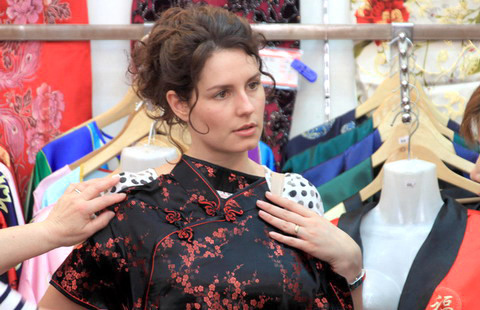
 Forum trends: Made in China - cheap and inferior?
Forum trends: Made in China - cheap and inferior?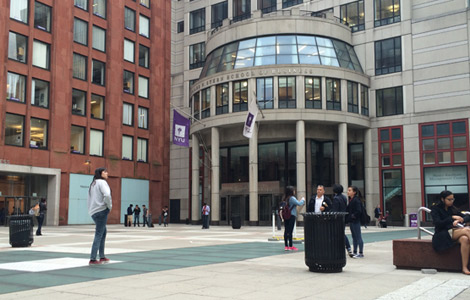
 Chinese enrollments increase for US MBA programs
Chinese enrollments increase for US MBA programs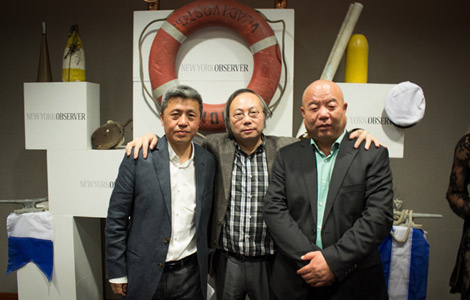
 Chinese artists are part of NY philanthropists' event
Chinese artists are part of NY philanthropists' event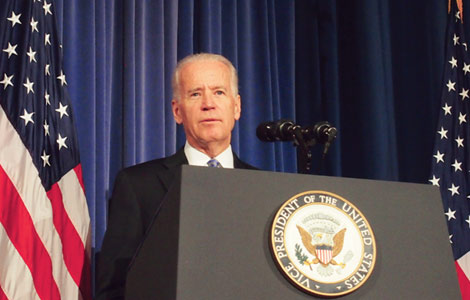
 Biden kicks off Asian heritage month in DC
Biden kicks off Asian heritage month in DC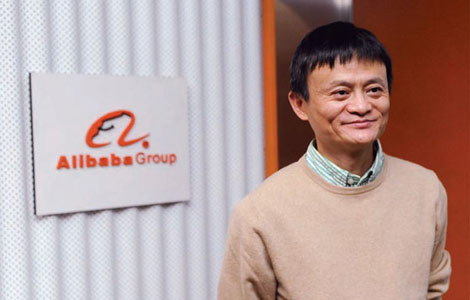
 Biggest IPO ever?
Biggest IPO ever?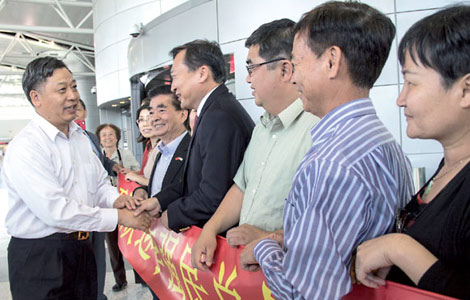
 Ni howdy!
Ni howdy!
 Prima ballerina Tan still soars
Prima ballerina Tan still soars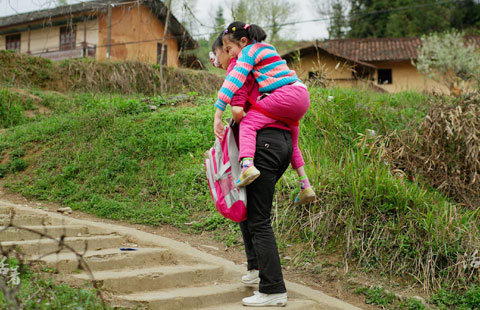
 Mother's enduring love gives strength to daughter
Mother's enduring love gives strength to daughter
Most Viewed
Editor's Picks
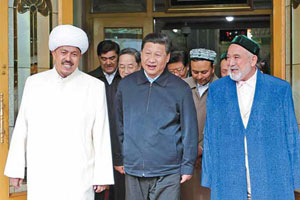
|
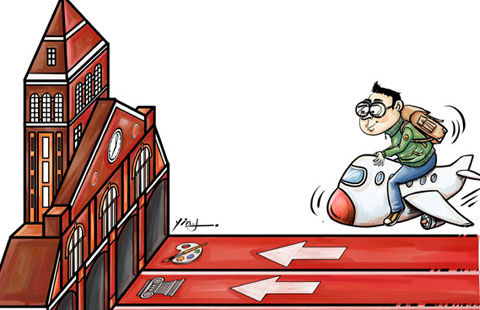
|

|

|

|

|
Today's Top News
GM plans jump start of slowing China sales
NY Chinese beauty pageant seeks contestants
GM to spend $12B to jump start slowing China sales growth
Chinese premier arrives in Nigeria for visit
Chinese vaccine ready for global distribution
Chinese applicants for US grad schools drop
Alibaba files for IPO in US
Shanghai adds hospice beds as population ages
US Weekly

|

|

